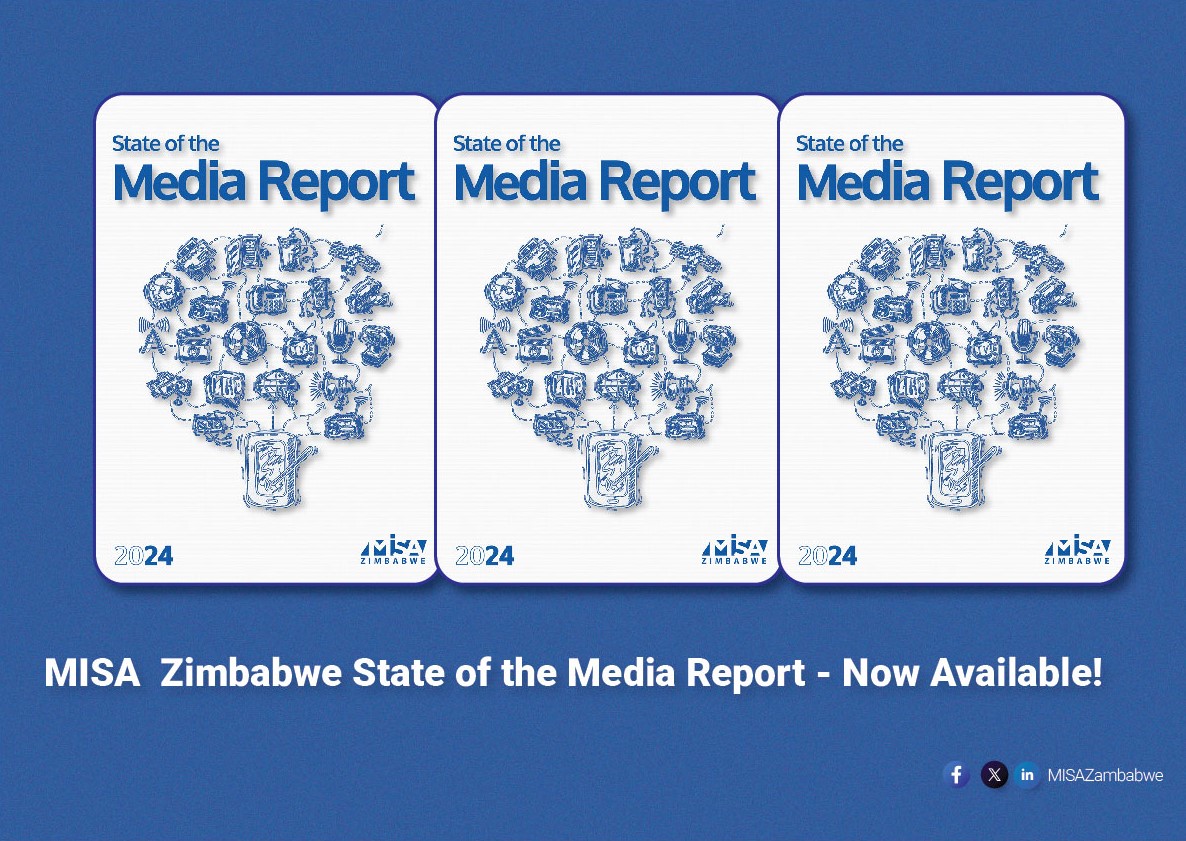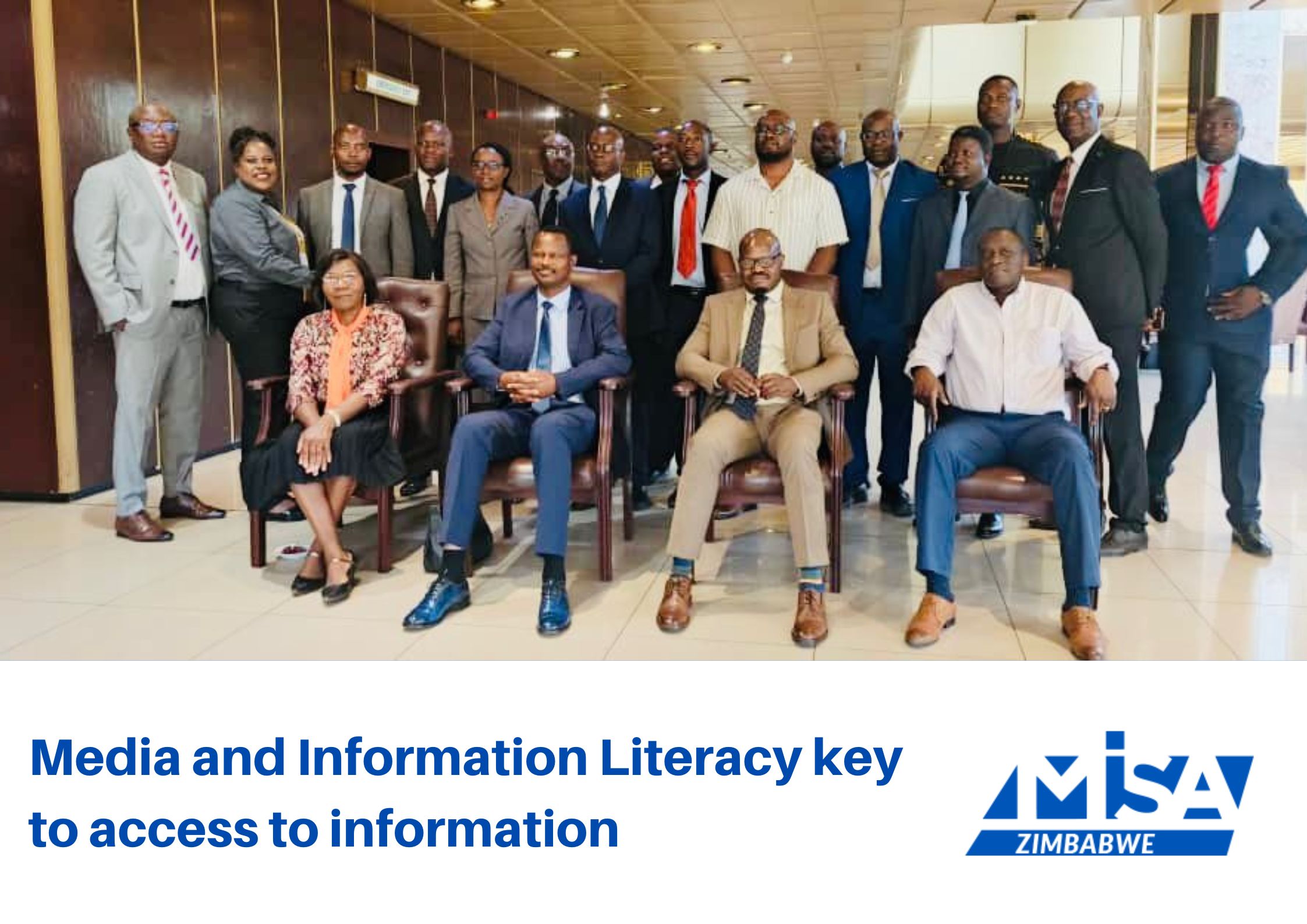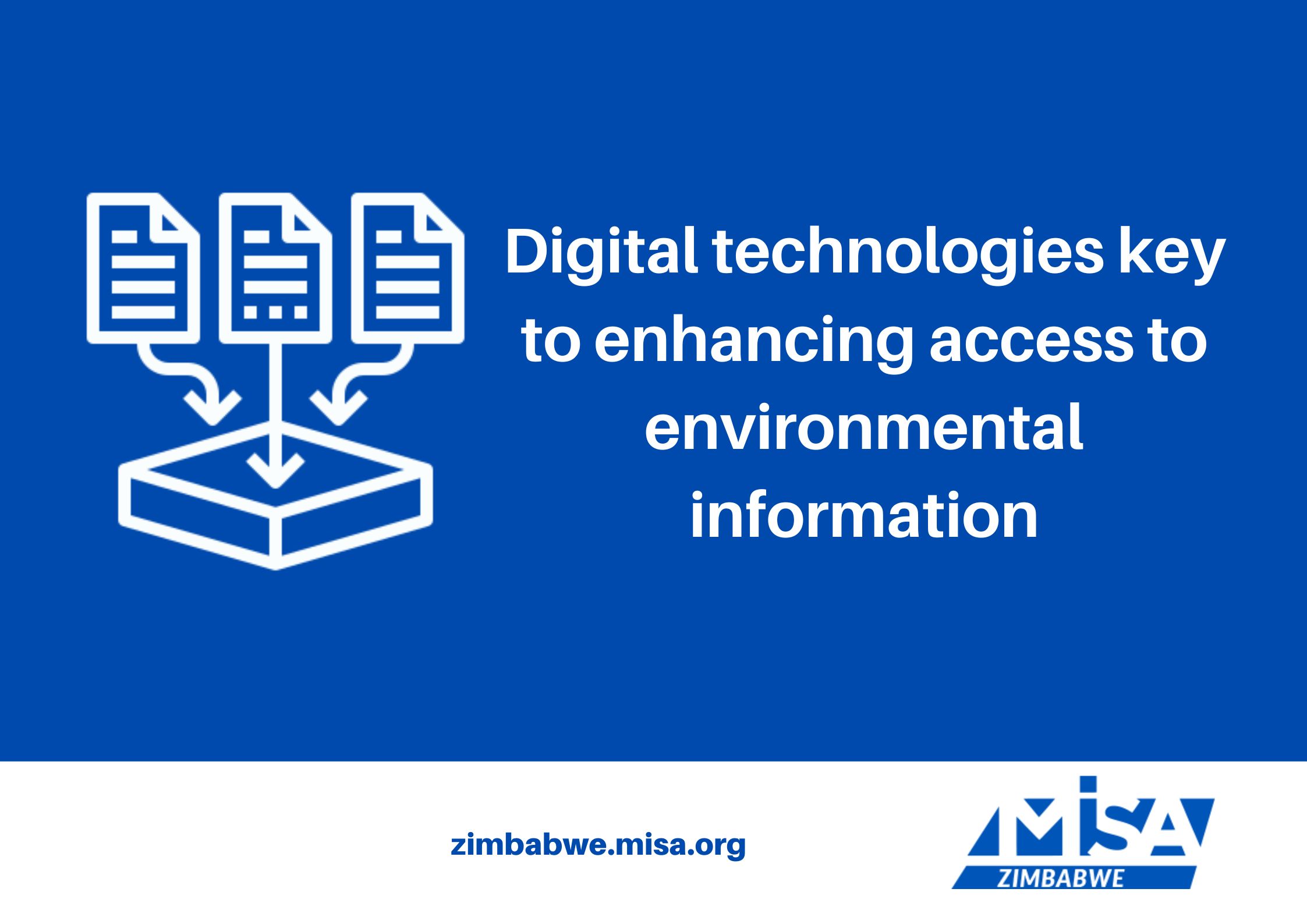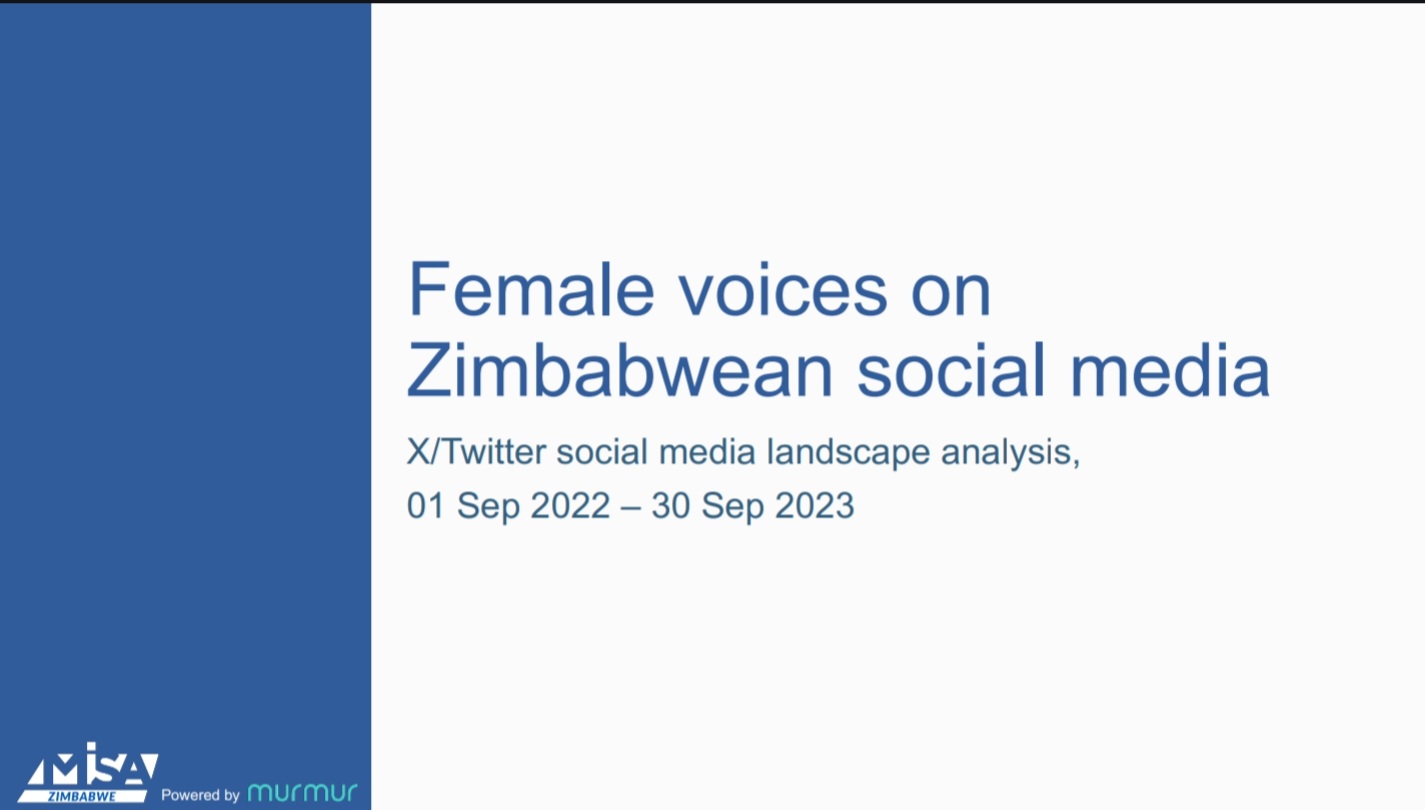Introduction
In 2024, Zimbabwe continued to see a reduction in cases of media freedom violations. More can be done to secure a conducive media operating environment, hence our relentless push for the domestication of the United Nations Plan of Action on the Safety of Journalists and the Issue of Impunity.
On the other hand, citizens of Zimbabwe are increasingly utilising the Freedom of Information Act to fulfill their right to access information on issues of concern. This fosters accountability and transparency in the administration of public resources.
Of concern, however, is that some public institutions have yet to appoint designated information officers and develop information disclosure policies as required by the Freedom of Information Act. This situation continues to undermine citizens’ right to access information.
On a positive note, the government announced that a national artificial intelligence (AI) policy framework has now been completed as part of efforts to accelerate digital transformation in Zimbabwe.













